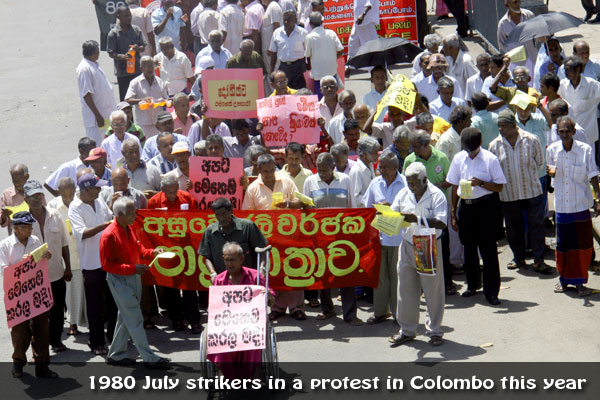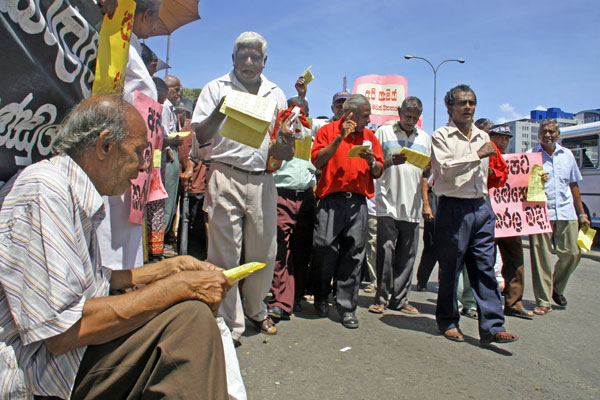Reply To:
Name - Reply Comment
Last Updated : 2024-04-25 16:11:00
.jpg) Liberal economic reforms that swept across the world over the last several decades have had a significant transformational effect on many countries. Many state-led economies gave way to ones dominated by private capital, both local and foreign. The role of the state in turn became less significant in the management of the economy and the distribution of life chances among citizens. Privatisation of state enterprises reduced state sector employment and more and more people began to rely on the private sector and self-employment.
Liberal economic reforms that swept across the world over the last several decades have had a significant transformational effect on many countries. Many state-led economies gave way to ones dominated by private capital, both local and foreign. The role of the state in turn became less significant in the management of the economy and the distribution of life chances among citizens. Privatisation of state enterprises reduced state sector employment and more and more people began to rely on the private sector and self-employment.| " Incentives given to private investors by way of tax holidays, reduced taxes, low tariffs on exports and imports, etc. restricted government revenue " |



Add comment
Comments will be edited (grammar, spelling and slang) and authorized at the discretion of Daily Mirror online. The website also has the right not to publish selected comments.
Reply To:
Name - Reply Comment
US authorities are currently reviewing the manifest of every cargo aboard MV
On March 26, a couple arriving from Thailand was arrested with 88 live animal
According to villagers from Naula-Moragolla out of 105 families 80 can afford
Is the situation in Sri Lanka so grim that locals harbour hope that they coul